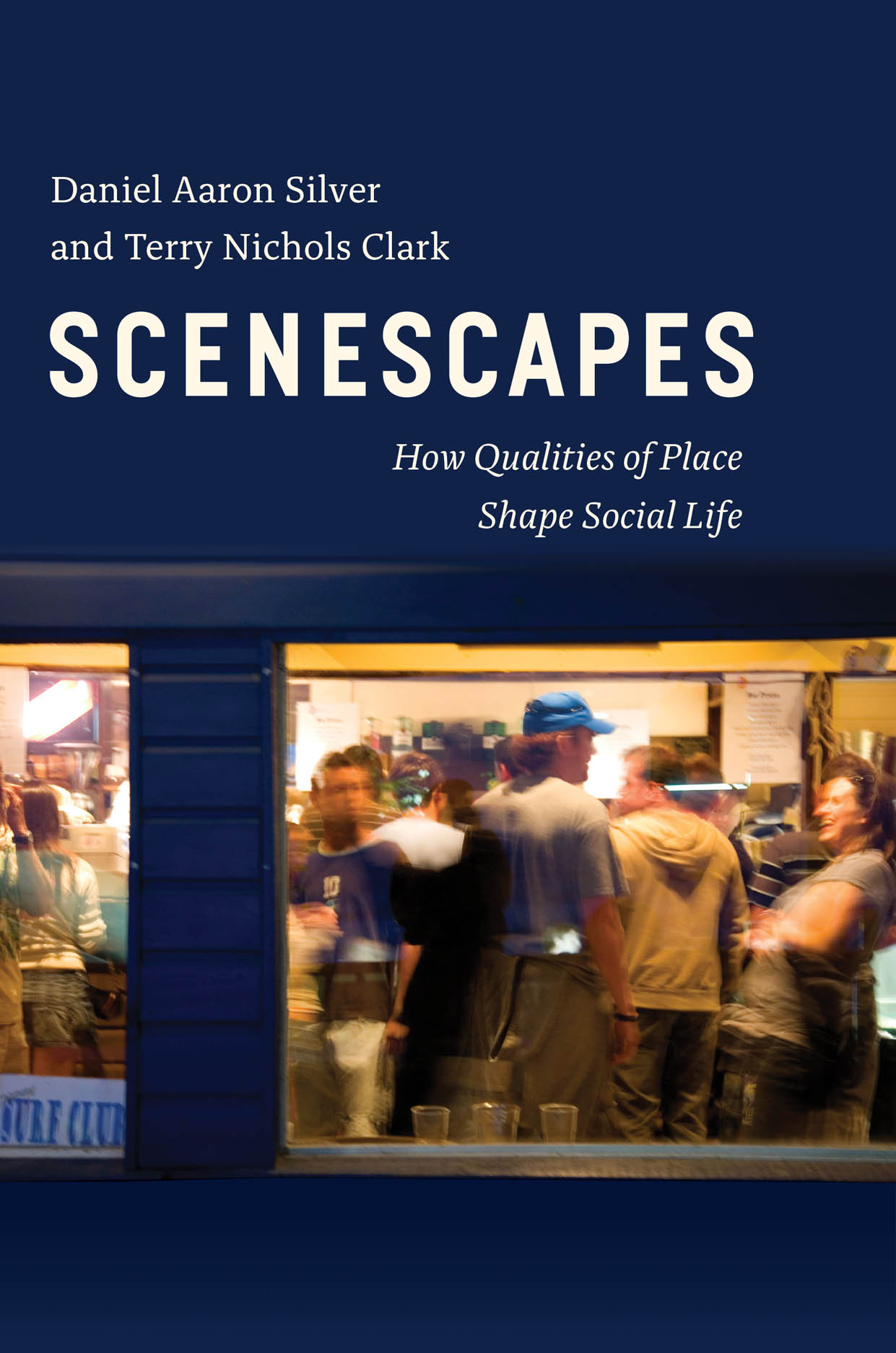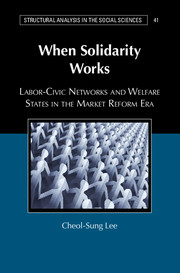PLEASE NOTE THAT ALL NOMINEES MUST BE REGISTERED MEMBERS OF THE ASA TO BE CONSIDERED FOR SECTION AWARDS
Political Sociology Section Distinguished Contribution to Scholarship (Book) Award
Deadline: 3/15/2017
This award is given annually to the outstanding recent book in political sociology (we will not consider edited books for this award). To be eligible, the book must have a 2016 copyright date. The selection committee encourages self-nominations or suggestions of work by others. Nominations from publishers will not be accepted. To nominate a book for this award: 1) send a short letter (via e-mail) nominating the book to each committee member below and 2) have a copy of the book sent to each committee member, at the addresses below. Winners will be notified and announced prior to the ASA meetings allowing presses to advertise the prize-winning book. The deadline for nominations is March 15, 2017.

